What is Lymphedema?
The lymphatic system is an important part of the body’s immune system. Lymphedema occurs when the lymphatic system is deficient or damaged, altering the transport of the lymph fluid. Lymphedema usually affects the arms or legs, but it can also affect the head and neck, genital and trunk regions.
If it is not treated, lymphedema can cause enlargement of the tissue channels that transport the lymph fluid, limit the oxygen in the transport system, interfere with wound healing, and provide a culture medium for bacteria that can result in lymphangitis (infection).
Lymphedema should not be confused with the swelling resulting from venous insufficiency, which is a pooling of blood in the veins of the legs.
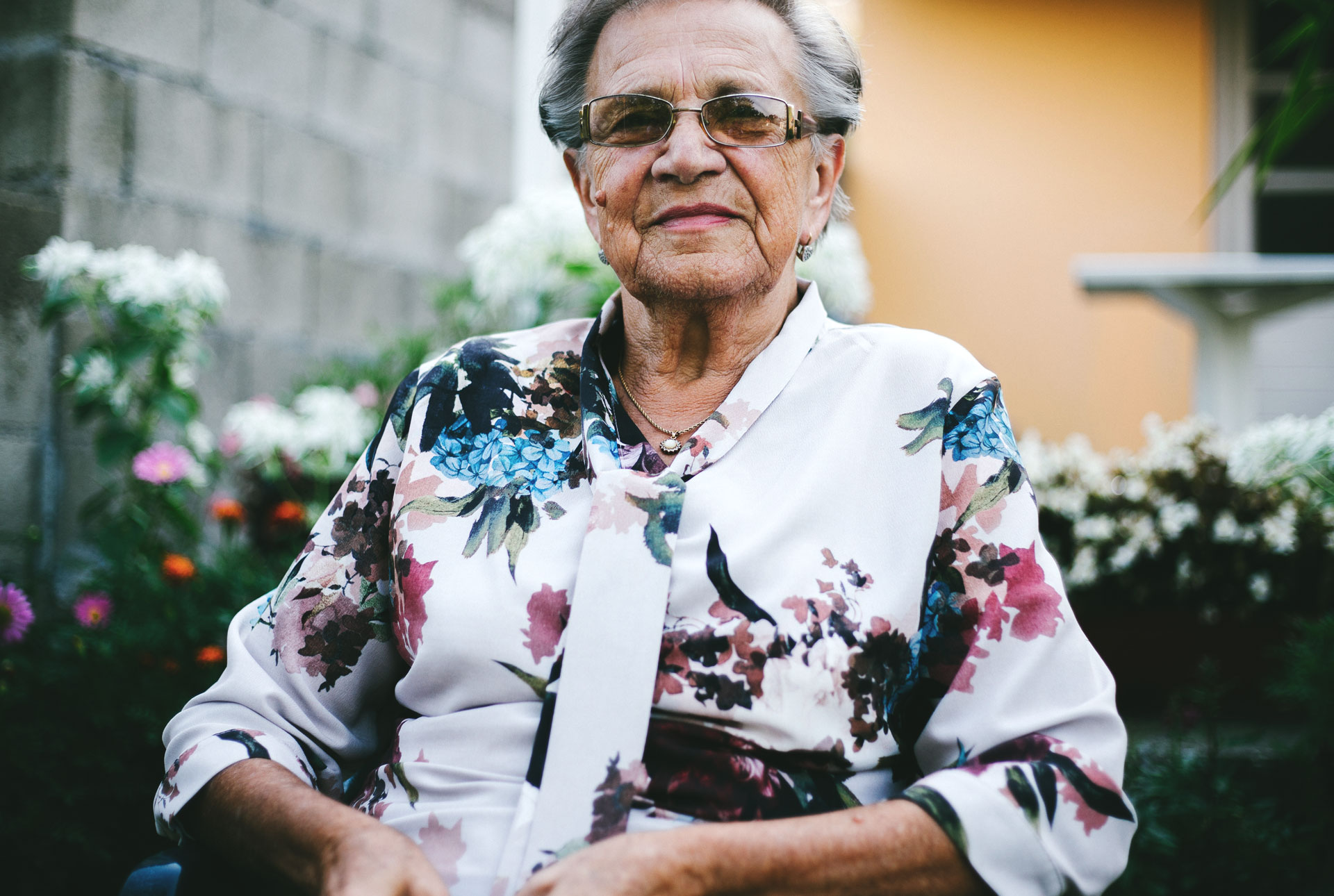
Primary lymphedema is due to a defect in the lymphatic system, either from hereditary or sporadic causes. The majority of primary lympedemas appear before the age of 35. A primary lymphedema may develop at any point in life and occurs most often in the lower extremity.
Secondary lymphedema, the most common form, can develop as a result of surgery, radiation, infection or trauma. Lymphedema can occur immediately post-operatively, or develop within months or even years. The swelling can range from mild to severe.
What are the Signs and Symptoms?
• Arm or leg feels full or heavy;
• Skin feels tight;
• Decreased flexibility in hand, wrist or ankle;
• Difficulty fitting into clothing in a specific area of the body; and
• Ring / watch / bracelet / anklet tightness
Early diagnosis and treatment is important in the management of lymphedema as it will help both the prognosis and the condition.
If you have, or are at risk of getting lymphedema, it is important to practice good skin care techniques. Look after your skin by preventing anything from piercing the skin layer which could enable bacteria to enter the body (i.e. cuts, scratches, pinpricks as well as needle pokes, insect bites, and burns). If your skin is injured, clean and protect the skin from further injury. Consult your physician if you suspect an infection (i.e. if you experience redness, swelling, pain or increased warmth in that area).
Avoid hot environments. Use saunas, steam baths and hot tubs with caution;
Travel with care. If you have a compression garment, you should wear it when traveling, especially during long flights;
Exercise the affected body part (arms or legs). A good exercise program of stretching and strengthening may help to control your lymphedema. Some experts recommend that you wear a compression garment during exercise; and
Maintain an ideal body weight.
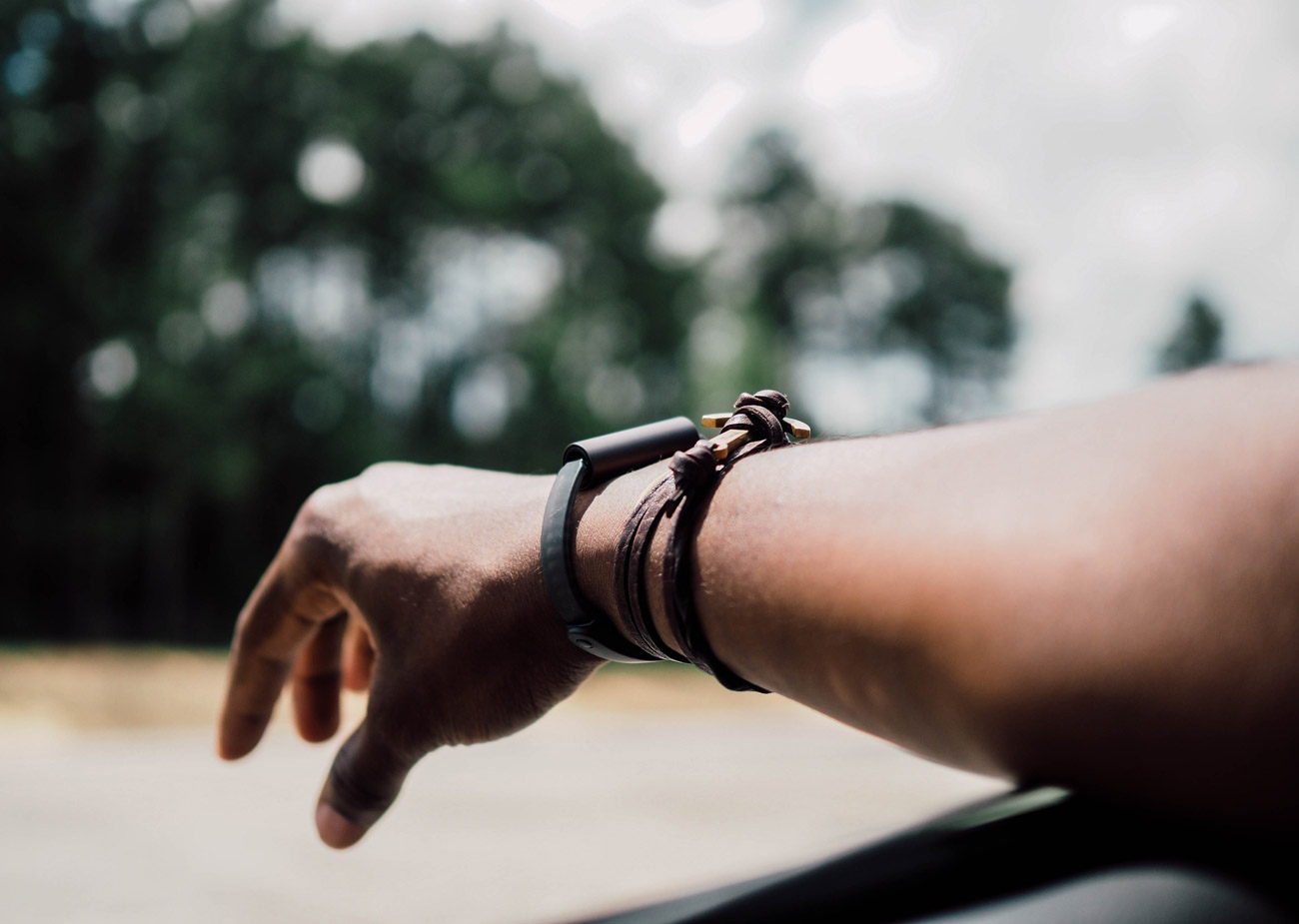
How can physiotherapy help?
Patient evaluation in consultation with the physician to determine the best treatment plan;
A home exercise program to improve lymphatic drainage, increase or maintain range of motion and strength of the affected area, and improve cardiovascular fitness;
Education in effective skin care;
Manual lymphatic drainage that will reduce and / or control the swelling. A comprehensive program will include compression pumps, bandaging techniques and massage, or a combination of therapies;
Treatment to reduce pain; and
Assistance in obtaining and fitting a compression garment with instruction on frequency and use.
After treatment, the physiotherapist will also encourage normal exercise and activity with certain precautions. For example, the best type of exercise for people with lymphedema is swimming and other water exercises, where the body weight is supported. However, for other exercises, such as walking, running, biking or weight lifting, it is advisable to wear either bandages or the compression garment.
The physician, the physiotherapist and the patient work as a team to achieve success in managing lymphedema.
For more information about lymphedema and the role of physiotherapy in its management, visit Lymphovenous Canada, a site that links people in Canada with dysfunctioning lymphatic systems to health care professionals and support groups in their communities and around the world.
Talk to one of our expert physiotherapists for more information about managing your lymphedema. Call us at 604 568 4628 or book an appointment online today.
Latest Articles

Violin Injuries: How to Avoid Spinal Neck and Back Pain When Playing
Musician injuries physiotherapist, Grace Cheung, walks us through a few common postural errors amongst violinists in this video segment, a first of a series of videos related to injury prevention amongst musicians.
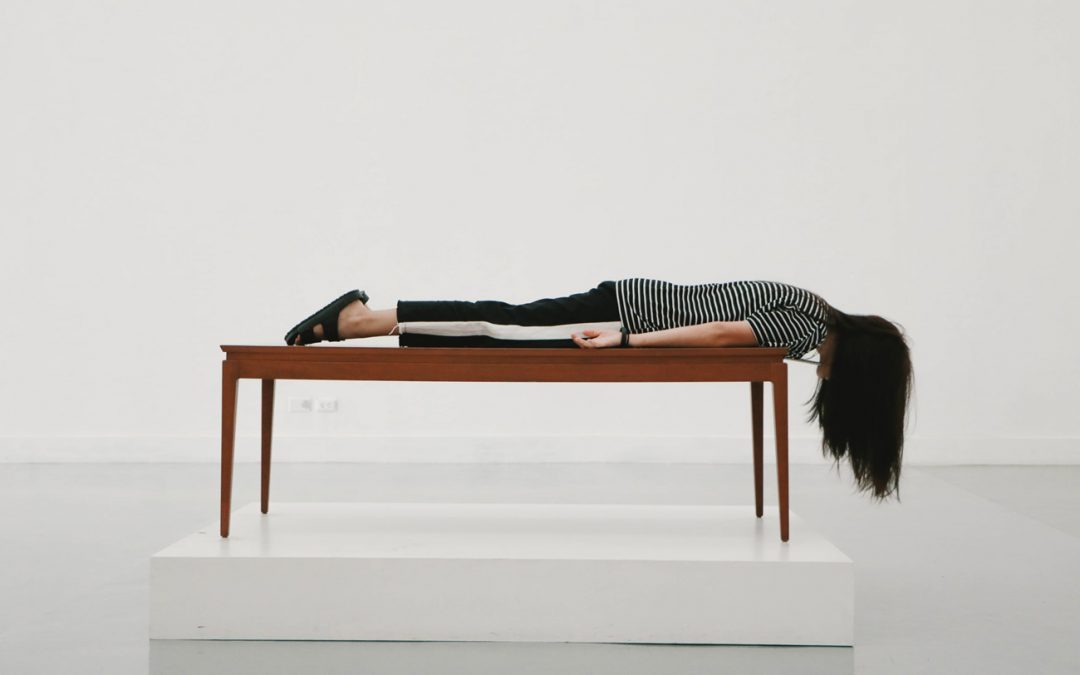
4 Things You Can Do for Neck and Back Pain
Physiotherapists at Go! have invested years of post-graduate training in the assessment and treatment of neck and back pain. Whether you struggle with a brand new injury or a chronic problem, our physiotherapists will perform a biomechanical assessment of your spine to determine the causes of the back pain.
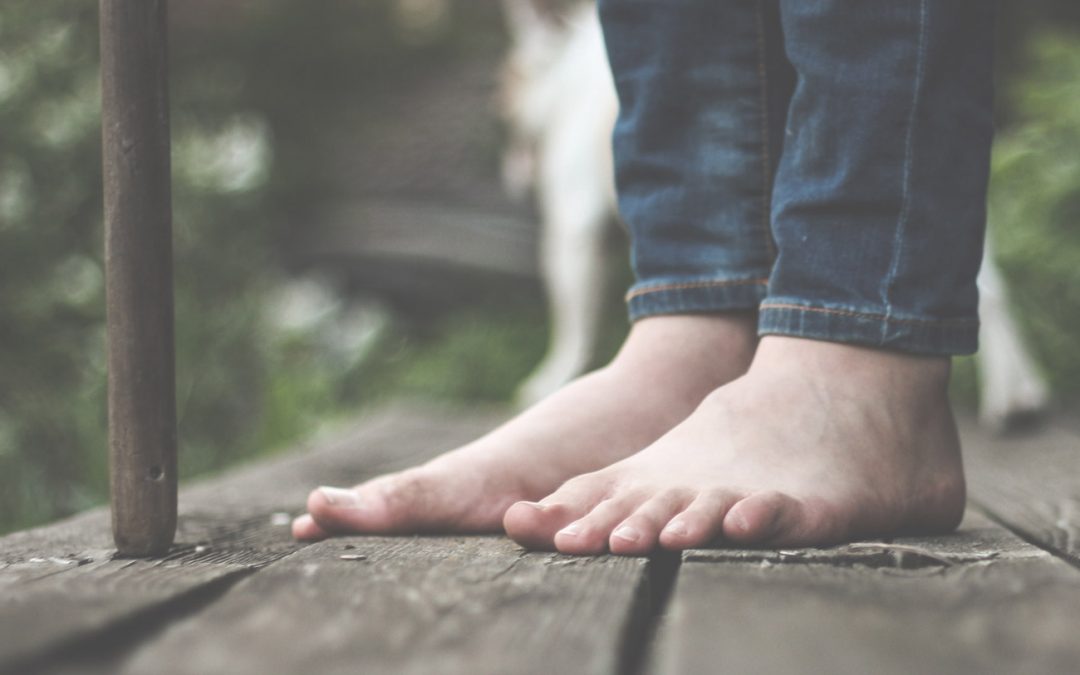
What is Plantar Fasciitis?
Plantar fasciitis is a painful inflammation of the plantar fascia – a thick, fibrous band of connective tissue in the sole of the foot that supports the arch of the foot.
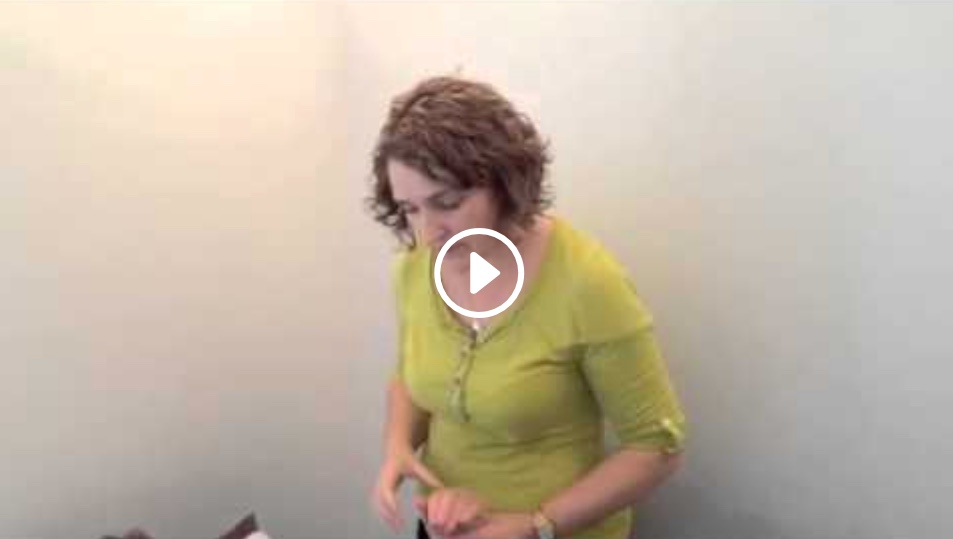
Mastectomy Physiotherapy: What It Is and How it Can Improve Your Recovery
Approximately 2,800 women are diagnosed with breast cancer each year. Of these, many will require mastectomy surgery and lymph node excision for biopsy and analysis.
Unlock Your Body’s Strength and Mobility Today
Book Online
Current patient? New, but know exactly what you’re looking for?
Contact Us
Never tried physiotherapy? Not sure where to start? Our friendly staff will guide you towards the best treatment for your situation.
Call: 604-568-4628
Email: go@gophysiotherapy.ca
